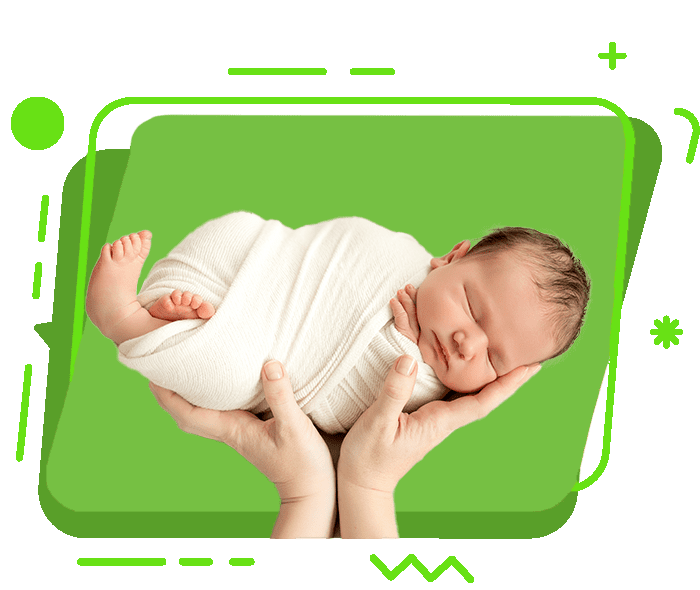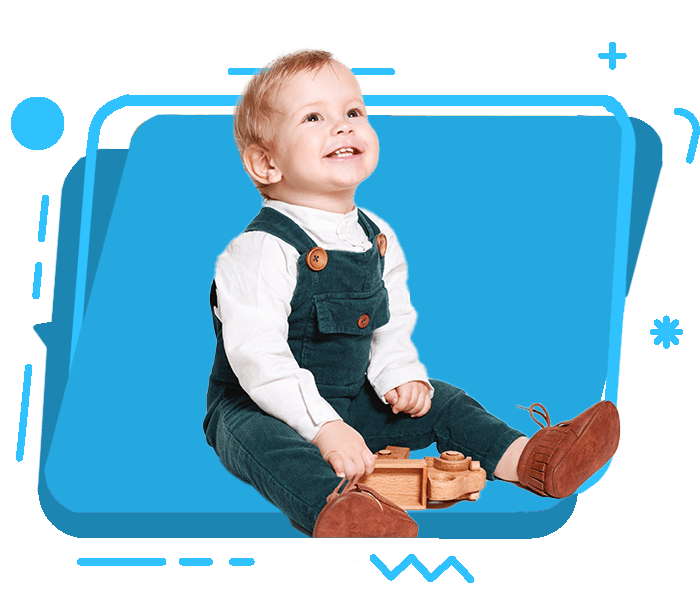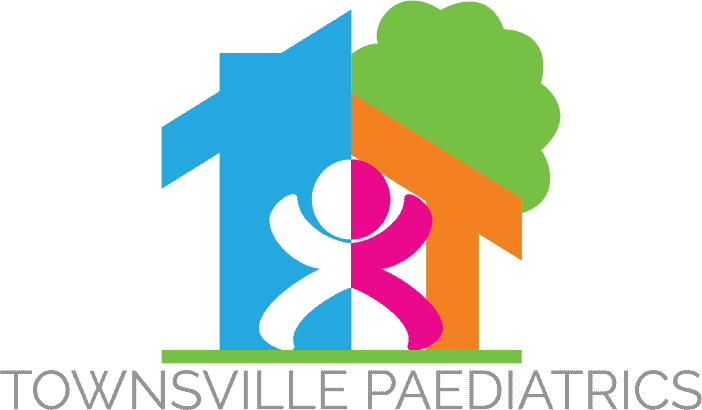Ages & Stages
As your child grows, you may find clues to their behavior.

Prenatal

Baby: 0-12 Months

0-3 Months
Physical Skills
Raises head & chest when on stomach, Stretches & kicks on back, Opens and shuts hands, Brings hand to mouth, Grasps and shakes toys
Social Skills
Begins to develop social smile, Enjoys playing with people, More communicative, More expressive with face & body, Imitates some movements and expressions.
Sensory Milestones
Follows moving objects, Recognises familiar objects and people at a distance, Starts using hands and eyes in coordination, Prefers sweet smells, Prefers soft to coarse sensations.

4-7 Months
Physical Skills
Rolls both ways, Sits with and without support of hands, Supports whole weight on legs, Reaches with one hand, Transfers object from hand to hand, Uses raking grasp.
Social Skills
Enjoys social play, Interested in mirror images, Responds to expressions of emotions, Appears joyful often.
Sensory Milestones
Finds partially hidden object, Explores with hands and mouth, Struggles to get objects that are out of reach.

8 -12 Months
Physical Skills
Gets to sitting position without help, Crawls forward on belly, Assumes hands-and-knees position, Gets from sitting to crawling position, Pulls self up to stand, Walks holding on to furniture.
Social Skills
Shy or anxious with strangers, Cries when parents leave, Enjoys imitating people in play, Prefers certain people and toys, Tests parental response, Finger-feeds himself.
Sensory Milestones
Explores objects in different ways, Finds hidden objects easily, Looks at correct picture when the image is named, Imitates gestures, Begins to use objects correct.

Toddler: 1-3 years
Your child is advancing from infancy toward and into the preschool years. During this time, his physical growth and motor development will slow, but you can expect to see some tremendous intellectual, social, and emotional changes.
Physical Skills
Walks alone, Pulls toys behind when walking, Begins to run, Stands on tiptoe, Kicks a ball.
Social Skills
Imitates behavior of others, Aware of herself as separate from others, Enthusiastic about company of other children.
Sensory Milestones
Finds objects even when hidden 2 or 3 levels deep, Sorts by shape and colour, Plays make-believe.

Preschool: 3-5 Years
Your child is advancing from infancy toward and into the preschool years. During this time, his physical growth and motor development will slow, but you can expect to see some tremendous intellectual, social, and emotional changes.
Physical Skills
Walks alone, Pulls toys behind when walking, Begins to run, Stands on tiptoe, Kicks a ball.
Social Skills
Imitates behavior of others, Aware of herself as separate from others, Enthusiastic about company of other children.
Sensory Milestones
Makes mechanical toys work, Matches an object in hand to picture in book, Plays make believe, Sorts objects by shape and colour, Completes 3 – 4 piece puzzles, Understands concept of “two”.

Grade Schooler: 5-12 years
Your child should feel confident in her ability to meet the challenges in her life. This sense of personal power evolves from having successful life experiences in solving problems independently, being creative and getting results for her efforts. Parents of gradeschoolers have a lot to think about. Trying to encourage healthy living and helping your child develop a positive self-image all while going through puberty can have its challenges. This section will arm you with the information you need along the way.

Teen: 12-18 Years

Young Adult: 18 – 21 Years
A young adult who goes away to a college or a job far from home has to build a social support system from the ground up. At the same time, he may have to acclimate himself to a drastically different environment.
